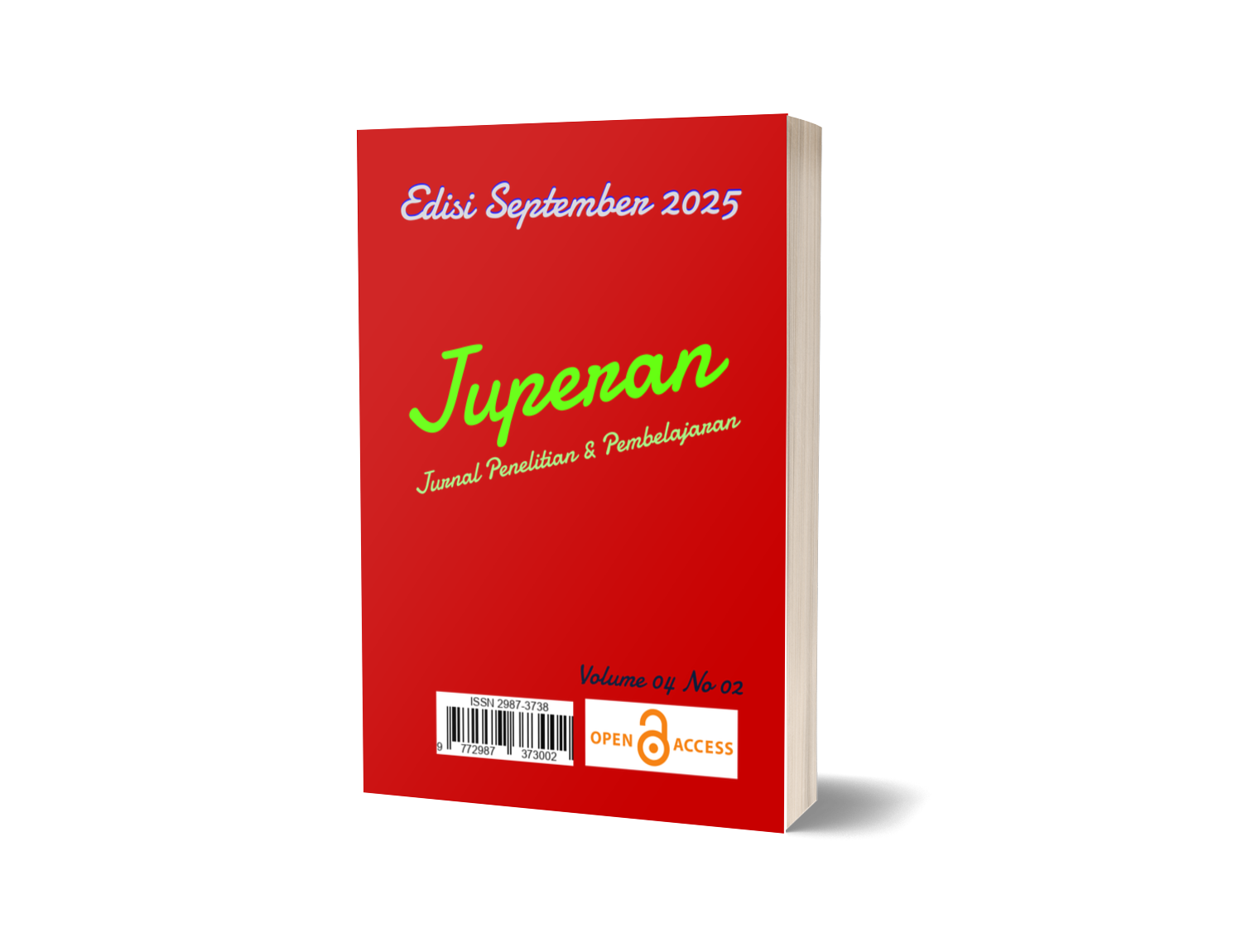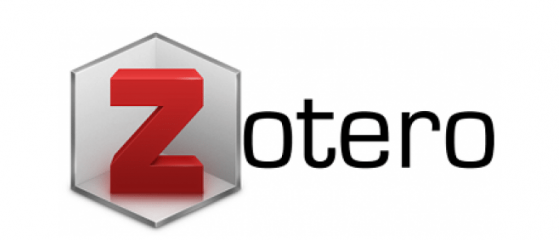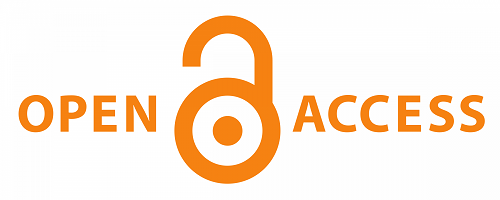The Influence of Peer Feedback on Writing Skills Development in English as a Second Language at SMP Negeri 18 Pulau Morotai
Kata Kunci:
Peer Feedback, Writing Skills, SMP Negeri 18 Pulau MorotaiAbstrak
This study aims to investigate the influence of providing peer feedback on the writing skills of eighth-grade students at SMP Negeri 18 Pulau Morotai in the subject of English as a second language. The study employs a quantitative approach with a pre-experimental design of the one-group pretest-posttest type. The sample consisted of 20 students selected purposively. The main instrument used was a writing test assessed using an analytic rubric. The scoring rubric includes five essential aspects: Content (relevance and completeness of ideas), Organization (flow and coherence of ideas), Vocabulary (accuracy and variety of word choice), Grammar (correct sentence structure), and Mechanics (use of spelling, punctuation, and capitalization). Each aspect is scored from 1 to 4, allowing for an in-depth evaluation of students’ writing ability before and after the treatment. The analysis results show that the average pretest score was 8.65, which increased to 12.70 in the posttest. The Shapiro-Wilk normality test indicated that the data were normally distributed. The paired samples correlation test showed a correlation value of 0.662, and the paired samples t-test indicated a significant difference between the pretest and posttest results, with a t-value of 8.371 and a significance level of 0.001 (p < 0.05). Thus, it can be concluded that providing peer feedback has a significant effect on improving students’ writing skills, as reflected in the increased scores across all five aspects of the assessment rubric.
Unduhan
Referensi
Ariyanti, A. (2016). The Teaching of EFL Writing in Indonesia. Dinamika Ilmu, 16(2), 263. https://doi.org/10.21093/di.v16i2.274
Adnan, M., & Najogi, H. (2019). Challenges in learning writing skills in EFL classroom. Journal of Language Teaching, 7(2), 45–56.
Bradley, L., & Thouësny, S. (2017). Students Collaborative Peer Reviewing in an OnlineWriting Environment. Themes in Science and Technology Education, 10(2), 69±83.
http://earthlab.uoi.gr/theste/index.php/theste/article/view/240/133
Brown, H. D. (2001). Teaching by Principles: An Interactive Approach to Language Pedagogy. Longman
Ceylan, S. (2019). Academic writing and assessment in EFL contexts. International Journal of Educational Studies, 4(2), 101–115.
Creswell, J. W. (2012). Educational research: Planning, conducting, and evaluating quantitative and qualitative research (4th ed.). Boston: Pearson Education.
Elbow, P. (2018). Writing without teachers. Oxford: Oxford University Press.
Fatimah, S., & Suharto, G. (2017). Using Peer Feedback Technique To Improve Student’s Writing Skills: a Quasi-Experimental Study Among Secondary Students. Journal of English Language and Language Teaching (JELLT), 1(2), 40±48.
Fitriani, N. (2021). The Effectiveness of Peer Feedback in Improving Students' Writing Ability. Journal of English Education, 9(2), 112-120.
Florensio Wijaya, K. (2024). The influences of peer feedback in improving EFL learners’ writing performances. Journal of Applied Linguistics, 12(1), 30–42.
Haines, Catherine, Assessing Students Written Work – Marking Essays and Reports, New York: Taylor&Francais e-Library. 2004
Harmer, J. (2004). How to Teach Writing. Pearson Education Limited.
Lin, W. C. & Yang, S. C. (2011). ([SORULQJ_ 6WXGHQWV¶_ 3HUFHSWLRQV_ RI_ ,QWHJUDWLQJ_ :LNL_Technology and Peer Feedback into English Writing Courses. English Teaching Practice and Critique, 10(2), 1175 8708.
Najogi, J. & Adnan, A. (2019). Using Peer Correction Towards Students Writing Ability in Writing Analytical Exposition Text at Senior. Journal of English Language Teaching Volume, 8(1), 2302-3198.
Rollinson, P. (2005). Using peer feedback in the ESL writing class. ELT Journal, 59(1), 23–30.
Rofin, R. (2021). Research methodology in education. Jakarta: Rajawali Press.
Seow, A. (2002). The writing process and process writing. In J. C. Richards & W. Renandya (Eds.), Methodology in language teaching: An anthology of current practice (pp. 315–320). Cambridge: Cambridge University Press.
Santoso, A. (2022). Peer Assessment and Writing Skills in EFL Classroom. Indonesian Journal of Applied Linguistics, 12(1), 45-55.
Sugiyono. (2017). Metode Penelitian Pendidikan: Pendekatan Kuantitatif, Kualitatif, dan R&D. Bandung: Alfabeta.
Tan, L., & Ceylan, S. (2019). Assessing academic writing performance. Journal of Second Language Writing, 15(3), 87–102.
Thyer, B. A. (2012). The handbook of social work research methods. Thousand Oaks, CA: Sage Publications.
Vygotsky, L. S. (1978). Mind in society: The development of higher psychological processes. Cambridge, MA: Harvard University Press.
Zeliha, D., & Oya, Y. (2021). Feedback in EFL writing classrooms: Peer and teacher perspectives. Journal of Language Teaching Research, 11(2), 150–165.
Zhang, Y., Chen, H., & Sun, X. (2020). The role of peer feedback in EFL writing development. TESOL International Journal, 15(1), 75–92.










